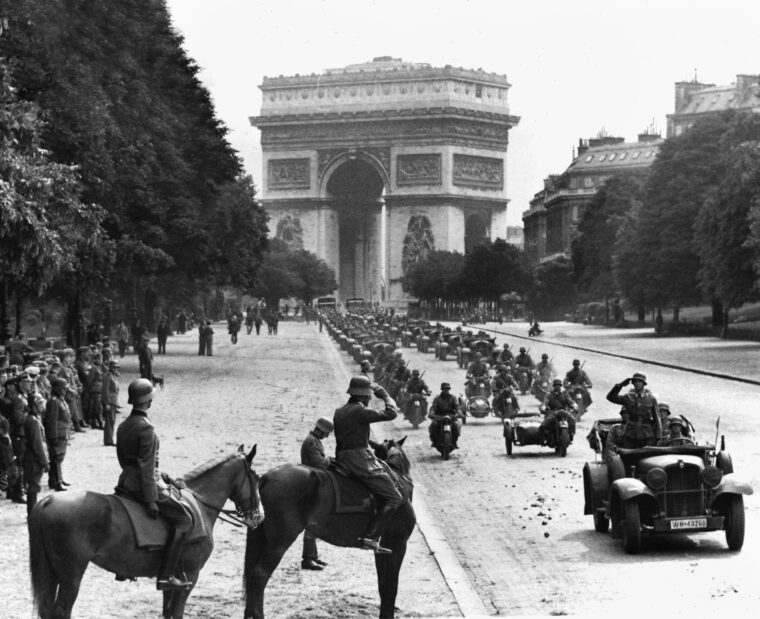
WWII History December 2017
The Scholarly Spies
By Tim MillerEarly in June 1940, refugees from northern France and the low Countries who had flooded Paris in May fled with the residents of the city as the German advance neared. Read more

WWII History December 2017
Early in June 1940, refugees from northern France and the low Countries who had flooded Paris in May fled with the residents of the city as the German advance neared. Read more
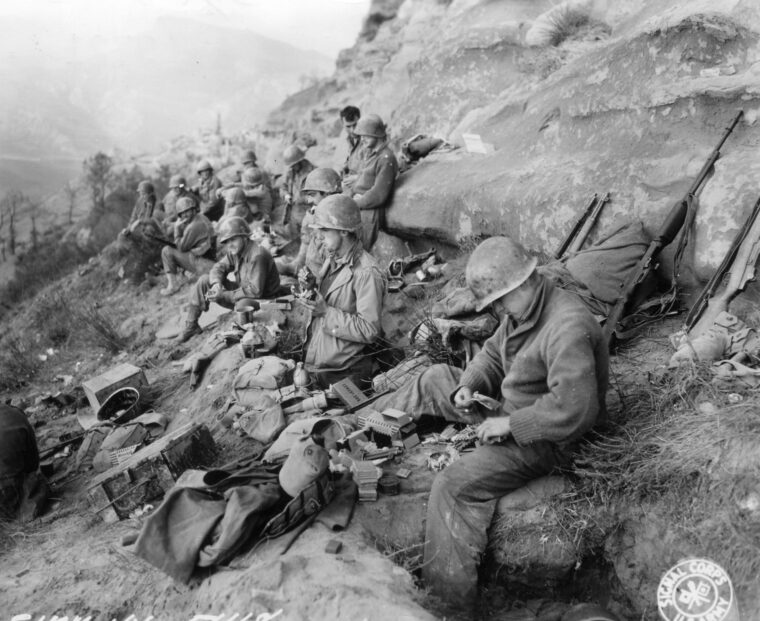
WWII History December 2017
Far down on the list of important inventions essential to victory in World War II is a modest gadget built of stamped metal called the GI Pocket Can Opener—commonly known as the P-38 can opener—which was used by American troops in the field to sever the lids off combat rations. Read more
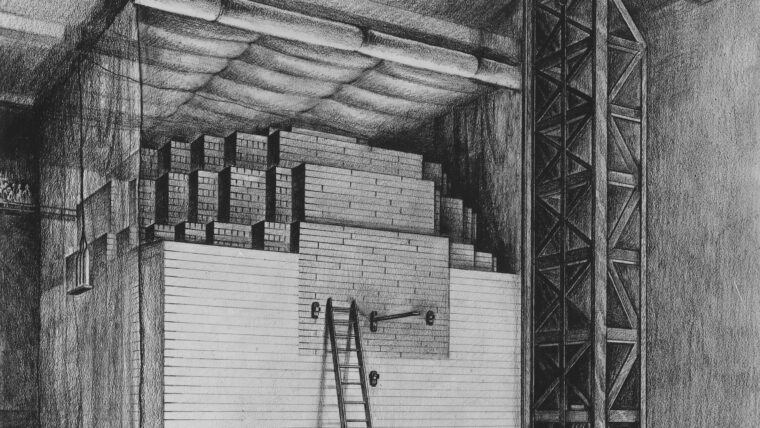
WWII History December 2017
In 1938 the Italian Fascist government of Benito Mussolini began enacting a series of laws intended to intimidate, persecute, and otherwise control virtually every aspect of the lives of Italian Jews. Read more
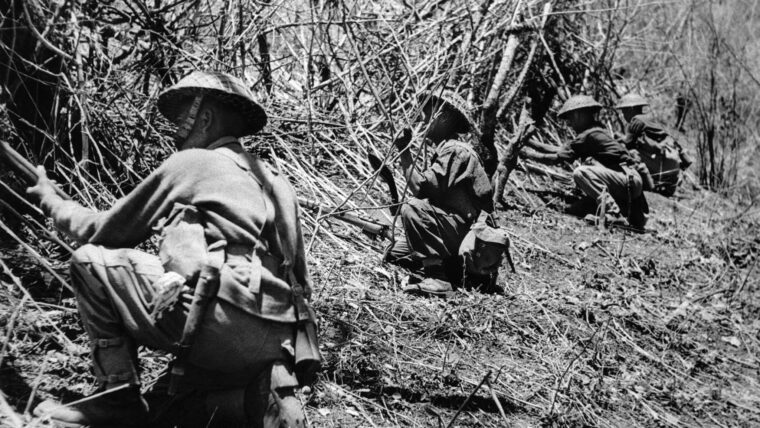
WWII History December 2017
The Battle of Sangshak is one of those unknown fights that laid thegroundwork for the subsequent Allied victory in World War II. Read more
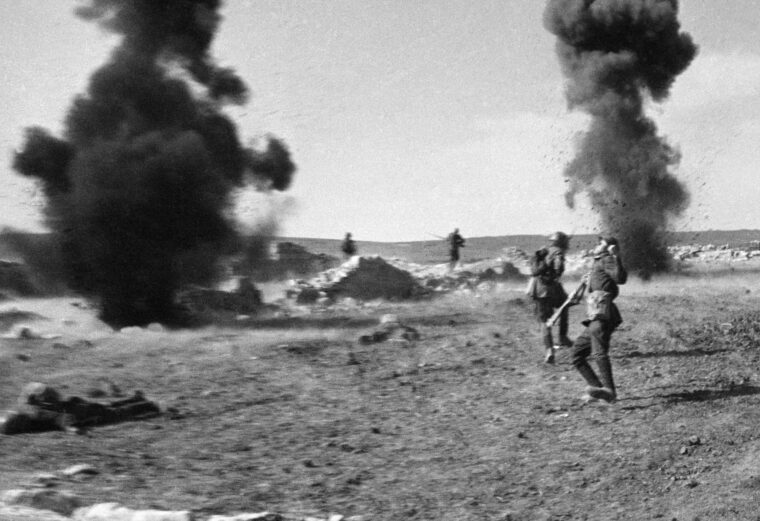
WWII History December 2017
Christmas Day 1941 was anything but festive for the commander of German Army Group South’s 11th Army, General Erich von Manstein. Read more
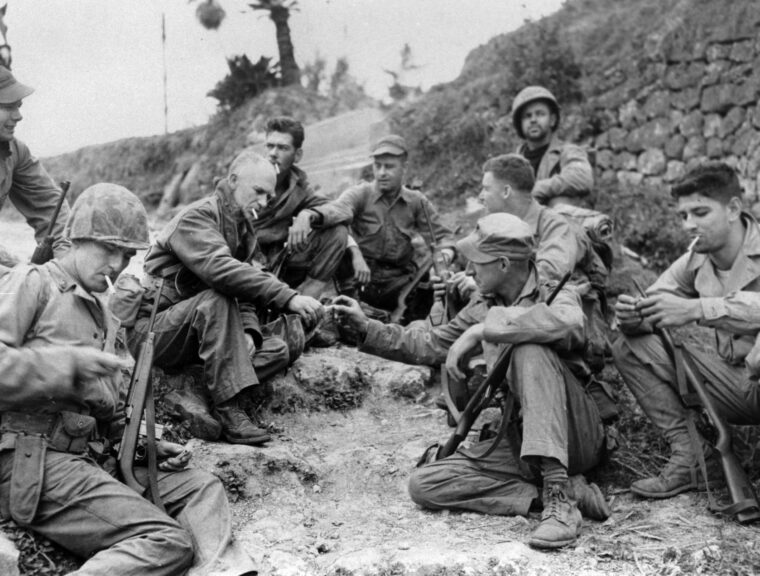
WWII History December 2017
If General Omar N. Bradley was “the GIs’ general,” then their best friend in World War II was undoubtedly a small, stringy reporter with graying red hair from Indiana who shared their foxholes and hardships while slogging across five battlefronts. Read more
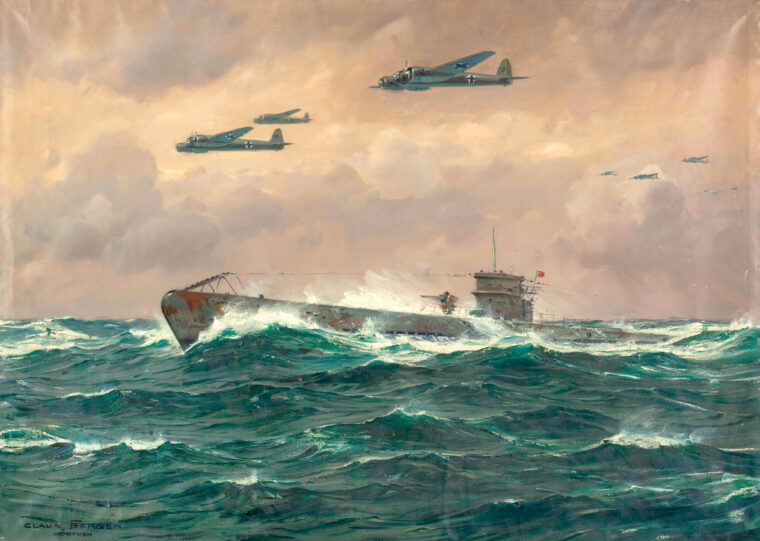
WWII History December 2017
Fregattenkapitän (Commander) Otto Kretschmer sank or damaged more Allied ships than any other U-boat commander during World War II. Read more
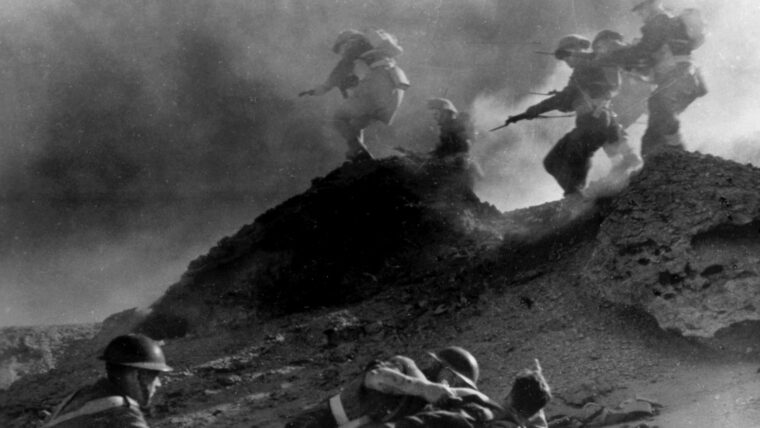
WWII History December 2017
After more than two wearying years of seesaw fighting across the North African desert, the outlook was bleak for the British Eighth Army in the early summer of 1942. Read more
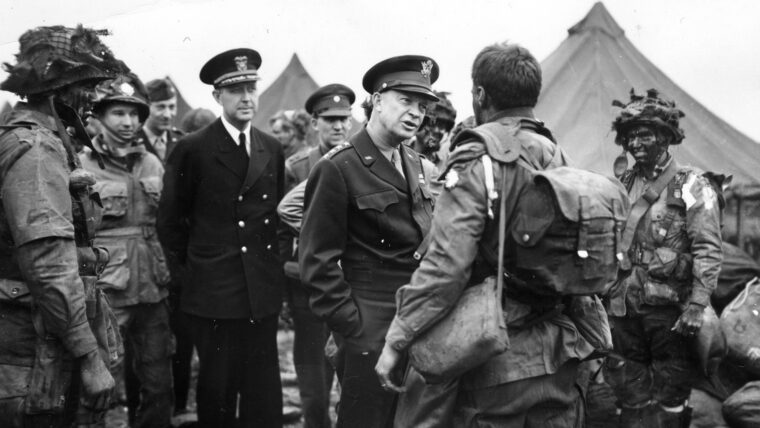
WWII History December 2017
The invasion force was ready. All across the United Kingdom men waited in more than 5,000 ships and hundreds of landing craft. Read more